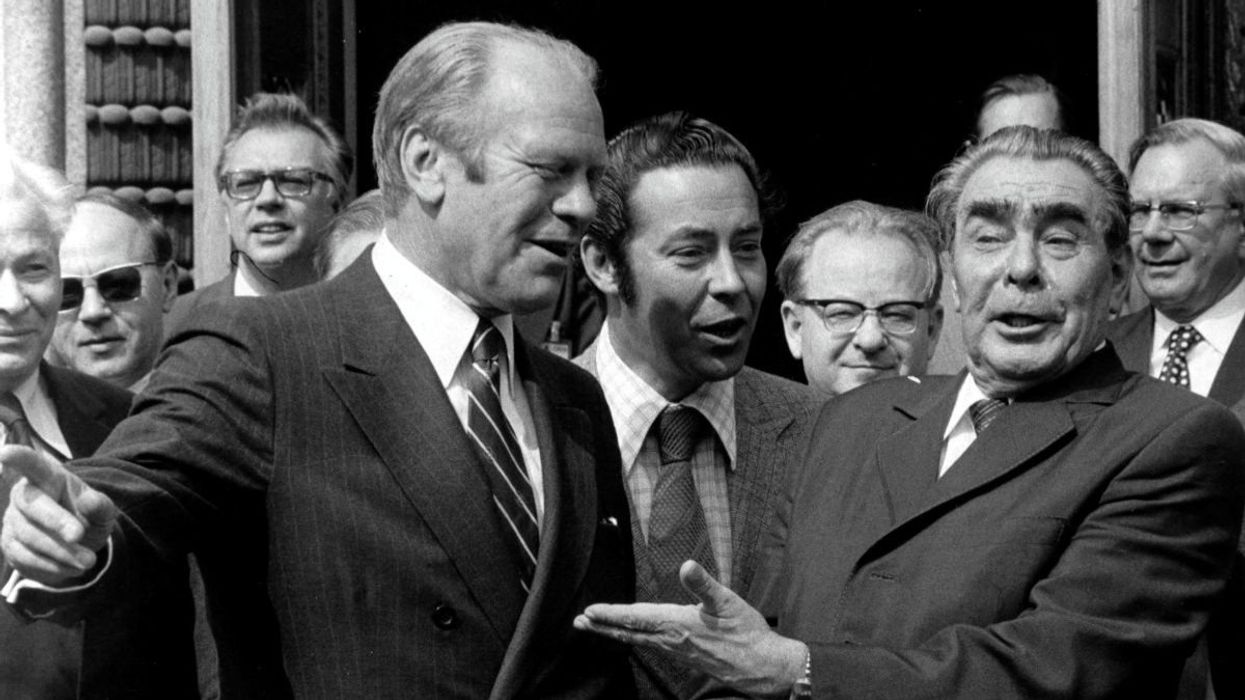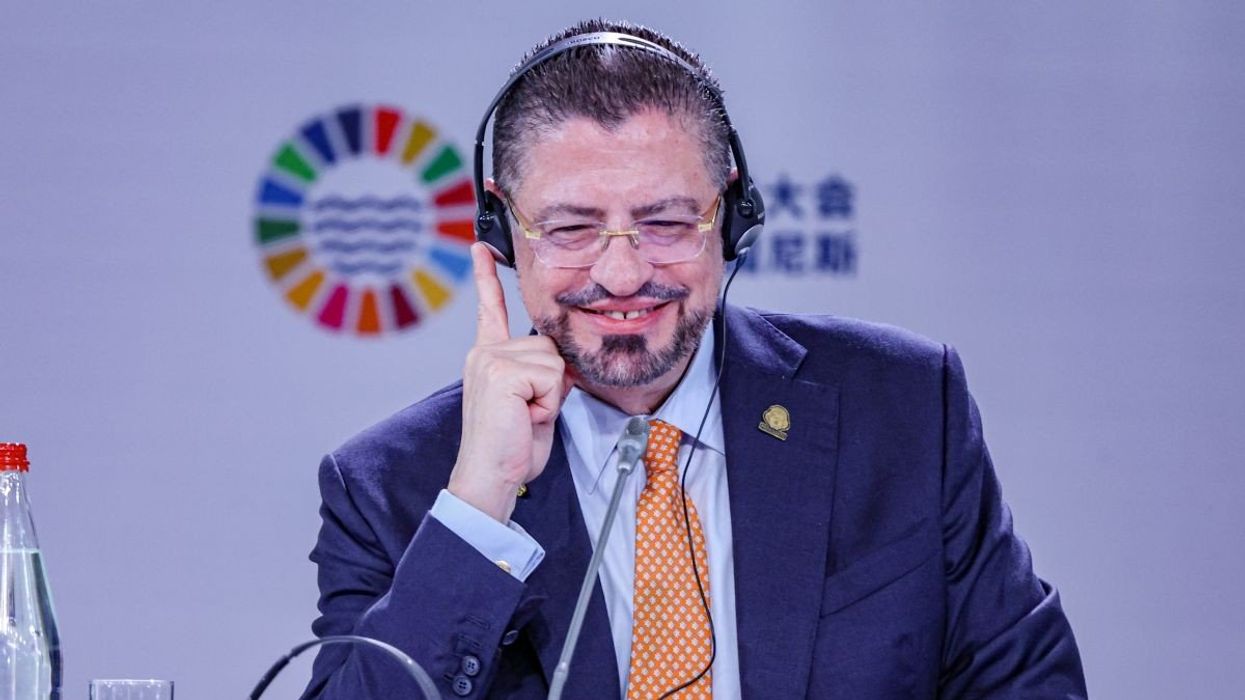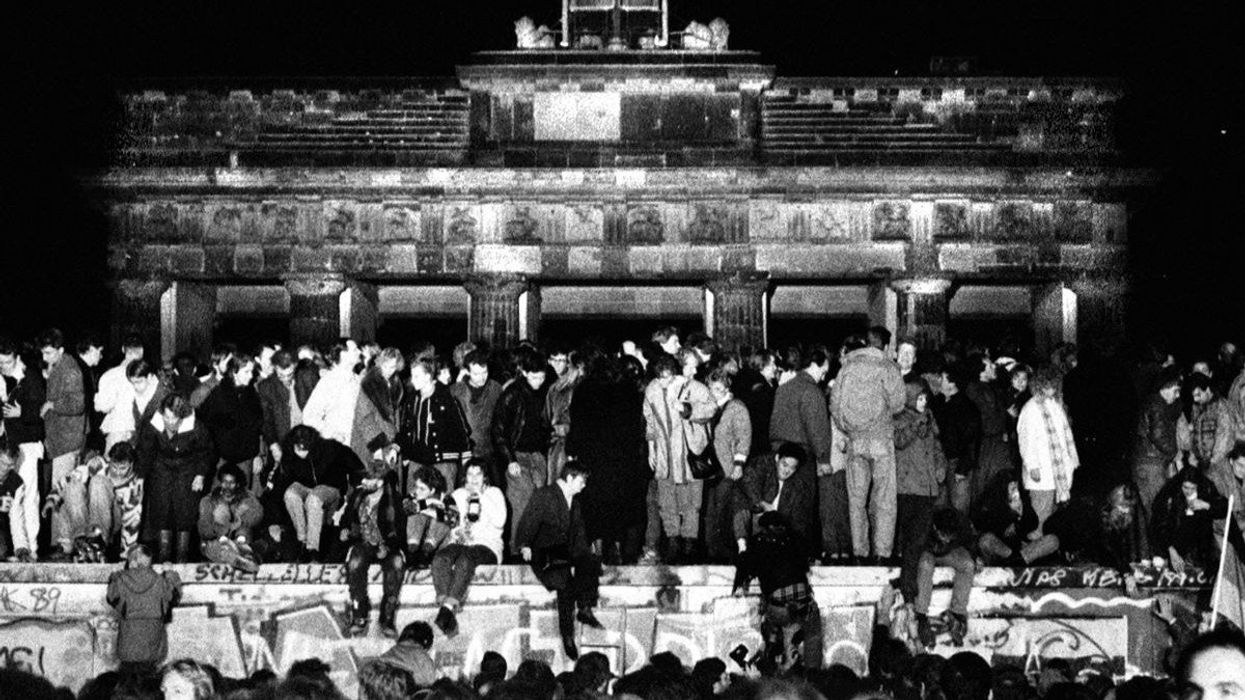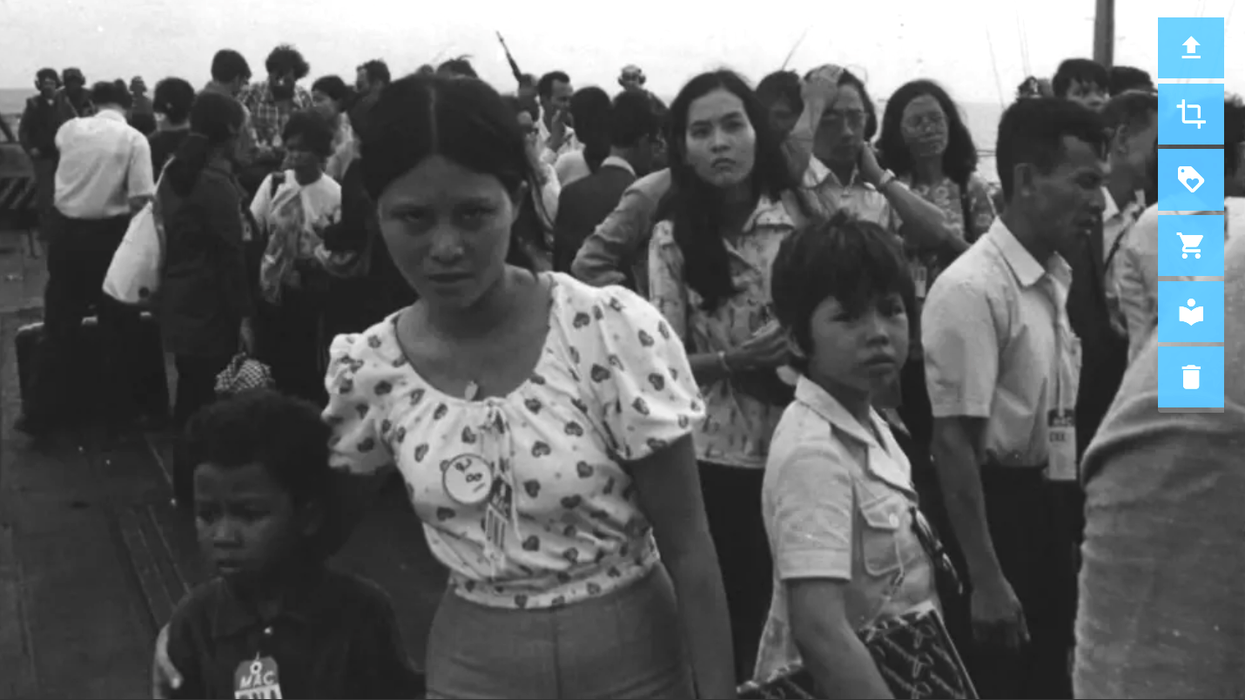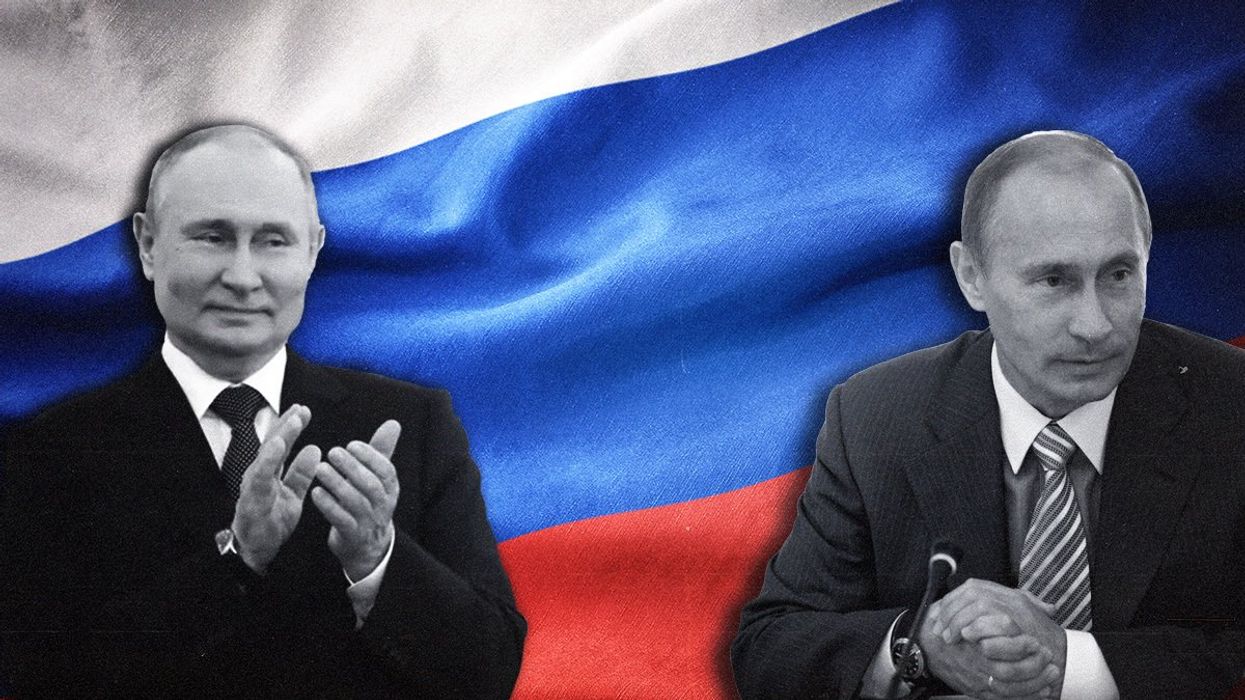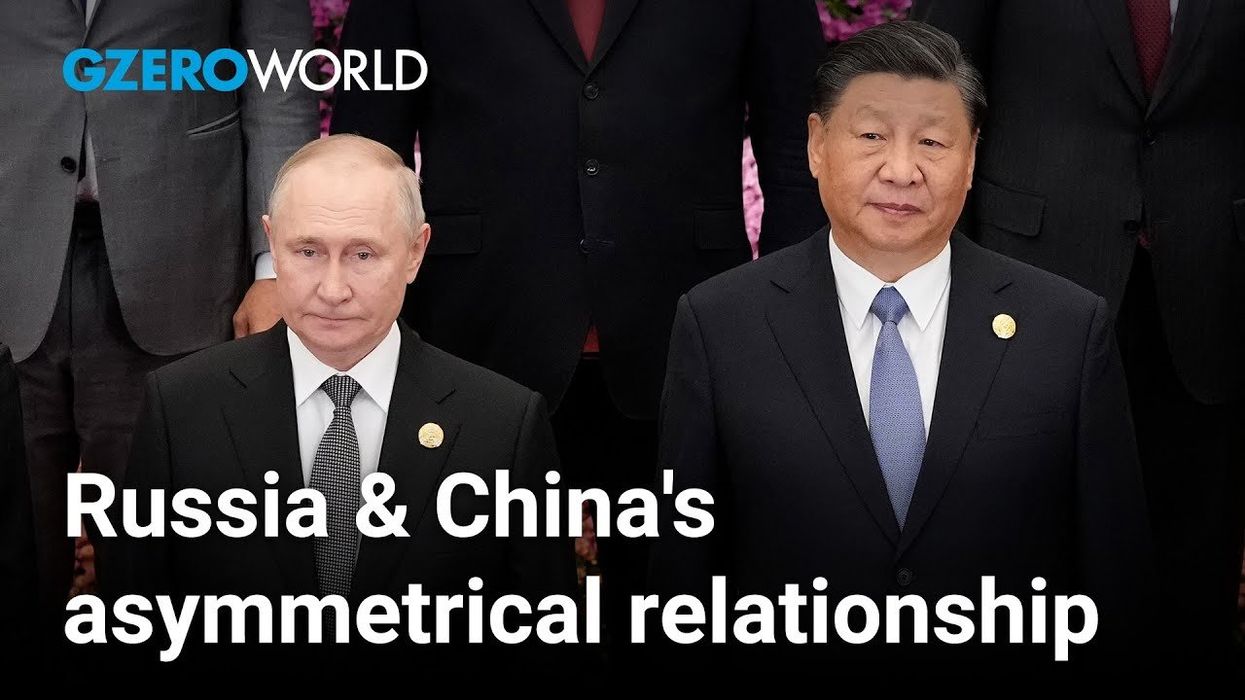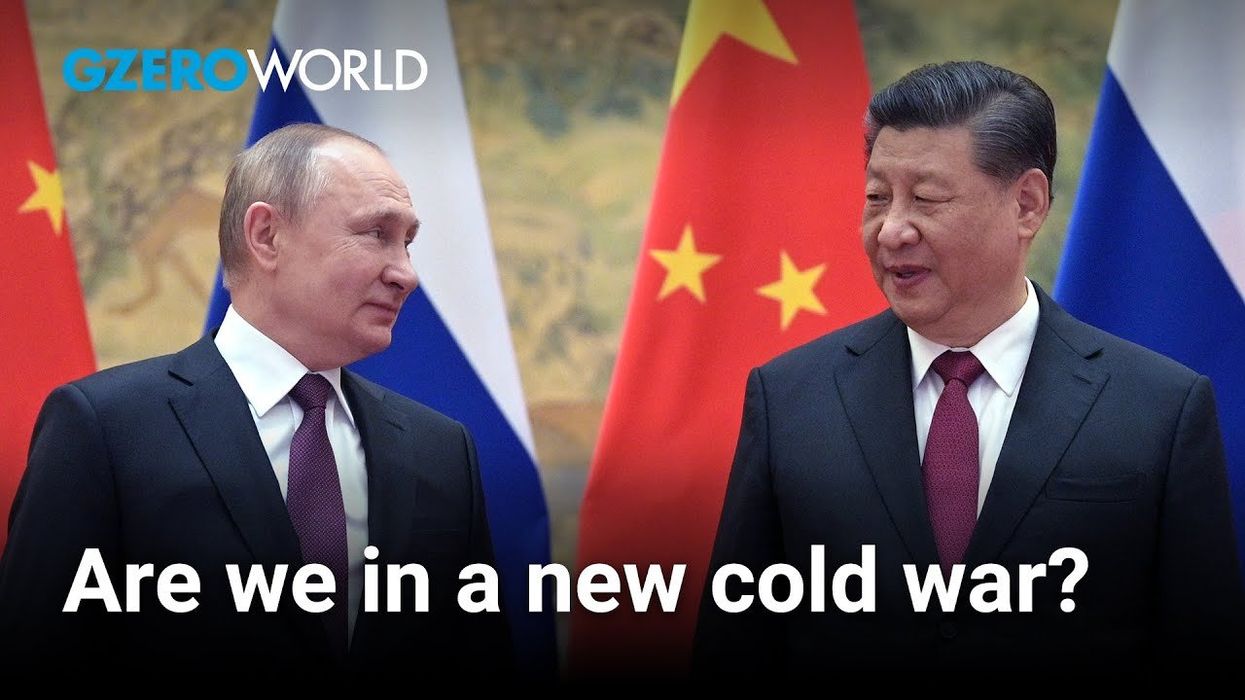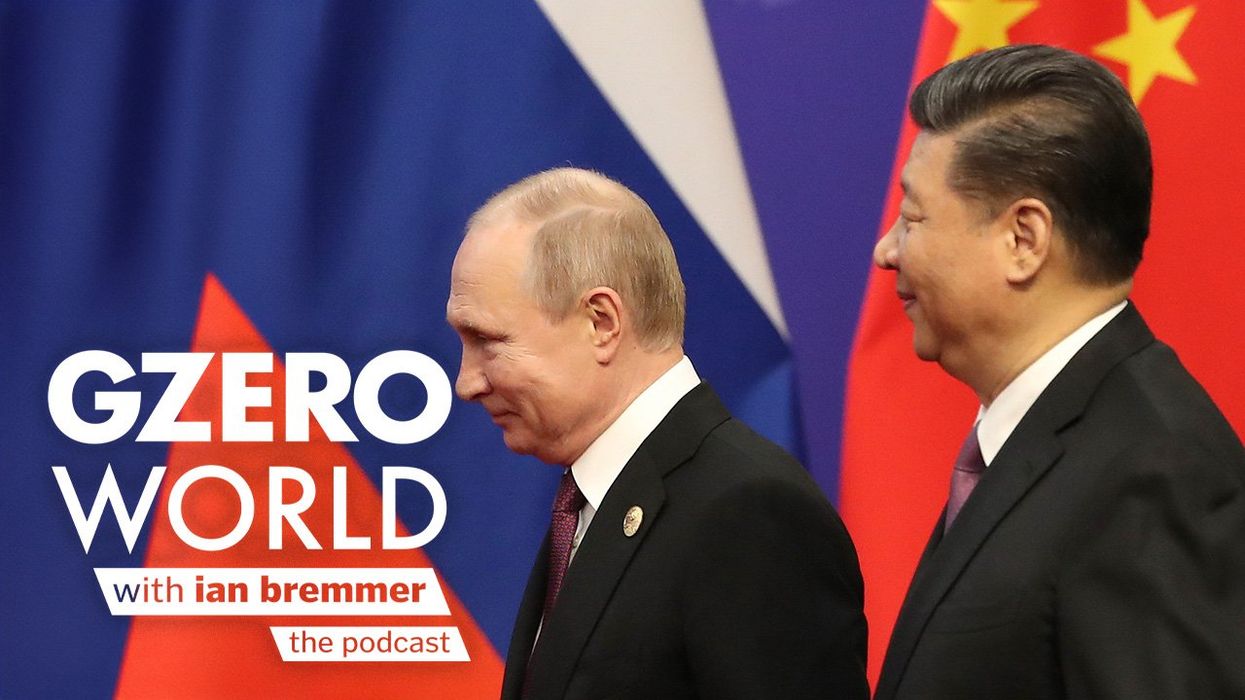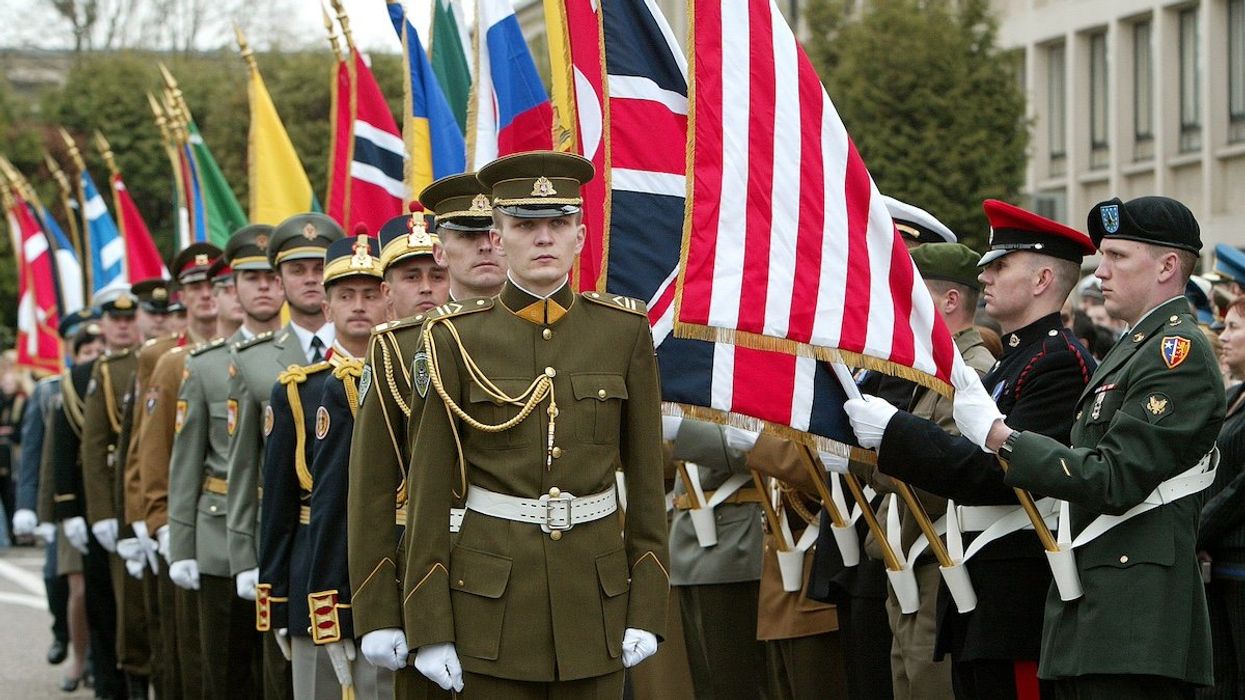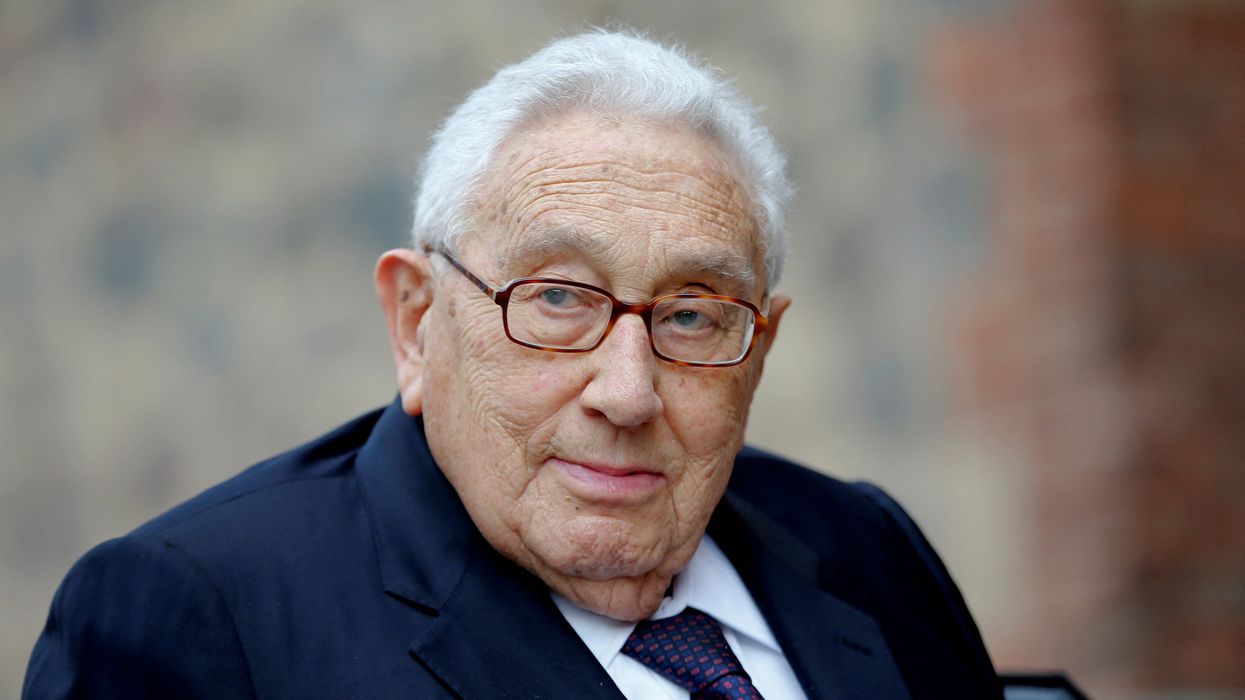Analysis
Can this Cold War agreement broker peace between Russia and the West?
Fifty years ago, leaders from 35 countries – including rivals from both sides of the Iron Curtain – gathered in the Finnish capital of Helsinki to attend the first Conference on Security and Co-operation in Europe (CSCE).
Aug 01, 2025
